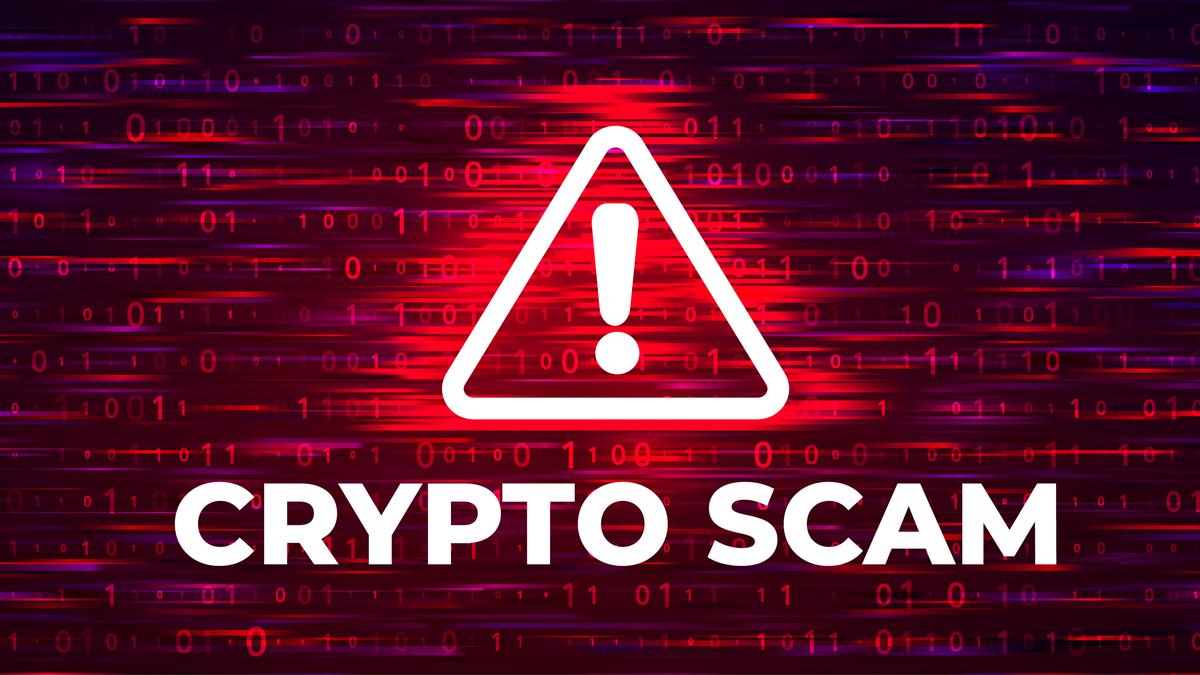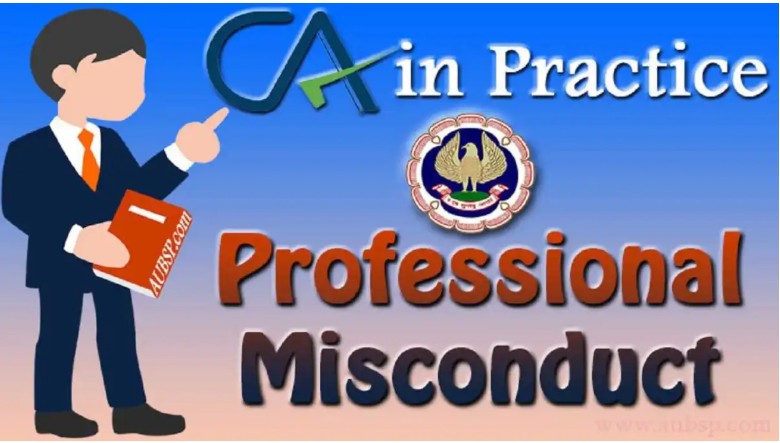Gokhale H.L., J.@mdashThe petitioners herein claim to be the Chairman and Secretary of one Shetkari Hitvardhak Sanstha. They have filed this petition based on some information received from respondent No. 10 herein concerning the decision of the Departmental Promotion Committee (for short "DPC") promoting Certain Officers from the State Civil Service to Indian Administrative Service. The petition makes a grievance on the basis of that information that those selections were tainted and a writ of mandamus is sought directing the preliminary enquiry by respondent No. 2 Central Bureau of Investigation ("C.B.I.") with respect to the selection made by DPC of 2003. Prayer (b) of this petition is that in case the enquiry discloses commission of cognizable offence, the necessary investigation be again entrusted to respondent No. 2 and be monitored by this Court.
2. In this petition, respondent No. 1 is the State of Maharashtra, respondent No. 2 is C.B.I., respondent No. 3 is Union of India, respondent No, 4 is Union Public Service Commission and respondent Nos. 5 to 11 (except respondent N. 10 ) are the various officers who were involved in the process of this DPC. Respondent No. 10, as stated above, is the officer, who was not selected in that DPC.
3. Inasmuch as the petition is filed on the basis of the information received from respondent No. 10, it will be advisable to refer to Original Application No. 683 of 2004 which he has filed in the Central Administrative Tribunal making grievance about his non-selection. This original application has been filed on 9th September, 2004. In this original application, he has challenged the notification dated 29th March, 2004 wherein one P.E. Gaikwad and 11 others were appointed to the Indian Administrative Service on probation with immediate effect. The original application refers to a conversation of respondent No. 10 on telephone with one N. Rama Rao, who has been joined as respondent No. 6 to this writ petition. This conversation, according to respondent No. 10, records a sorry state of affairs. In that conversation, this Mr. Rama Rao is reported to have stated that good amount has been paid to the then Chairman of the Selection Committee and two officers whose names are mentioned in para 4.17 of the original application, were stated to have been packed by the lobby which was working to get the IAS nominations.
4 Respondent Nos. 4, 5, 6 and 8 have filed their replies opposing this petition. Respondent No. 10 has filed his affidavit as well.
The respondents to this petition (other than respondent No. 10) have raised preliminary objection to the maintainability of the petition, firstly, contending that the petitioners have no locus standi in the matter. Besides, if they are concerned in view of the information received by them, the proper course for them is to lodge a complaint with the appropriate police Authorities of the State and matters are not to be lightly referred to C.B.I. Secondly, it is contended that essentially it is service matter which respondent No. 10 has already filed to the Central Administrative Tribunal and in such service matters, the Court is not expected to interfere at the instance of another party which tries to convert it into a Publish Interest Litigation.
5. Mr. Jha, learned Counsel appearing for the petitioners, submitted that as far as locus standi of the petitioners is concerned, the doctrine of locus standi is foreign to criminal jurisprudence. He has relied upon the observation of the Apex Court in para-5 in the case of
6. As against these submissions of Mr. Zha, it was pointed by the respondents that as laid down by the Apex Court in the case of
7. Mr. Singhvi, learned Counsel appearing for respondent No. 6, drew our attention to the affidavit filed by respondent No. 6 in this very matter and pointed out that he has disputed this conversation which is relied upon by respondent No. 10. In para-5 of his affidavit he has stated as follows :-
"With reference to para 2 of the petition, I deny that the respondent No. 10 did tape recording of the conversation with me and B.D. Shinde as alleged. I say that I have no occasion to hear and pursue the alleged tape and as far as my knowledge goes, I have not held any such conversation with the respondent No. 10."
Independent of that submission, Mr. Singhvi has also supported the submissions of the learned Solicitor General and referred to a judgment recently rendered by the Apex Court in the case of
"With respect, we think that this is not what is required by the law as laid down by this Court in the case of Common Cause."
8. As recorded above, the second submission of the contesting respondents was that the main controversy is pending in the Administrative Tribunal and that should be a Forum wherein it ought to be decided. The learned Advocate General referred us to the judgment rendered by the Aped Court in the case of
9. We have considered the submissions made by Mr. Jha appearing for the petitioners as well as by the Counsel appearing for the respondents. We quite see the interest sought to be canvassed by the petitioners in clean administration. However, as has been observed by the Apex Court, if they want an investigation, their first remedy is to approach the concerned Police Authorities of the State. We cannot proceed on the presumption that the Authorities of the State will not take necessary action merely because some high officers of the State are involved. On the lodging of a complaint if no appropriate action is taken, it will certainly be open to the petitioners to take further steps in view of the inaction or lack of proper action on the part of the police Authorities of the State. Merely because some higher officers in the administration are involved and respondent No. 10 has tape-recorded some statements of one high official, presiding over the DPC, one cannot proceed to direct the C.B.I. to start investigation into the matter. As stated above and as held by the Apex Court from time to time, the proper remedy is to approach the Police Authorities of the State.
10. As far as the grievance of respondent No. 10 is concerned, we have noted that he has already filed the original application in the Central Administrative Tribunal. The Administrative Tribunal Act gives adequate powers to the Tribunals to record the evidence and to arrive at the appropriate decision. Section 22 of the Administrative Tribunals Act, 1985 lays down the procedure and powers of Tribunals Sub-section (3) gives the power to summon and enforce the attendance of any person and examine him on oath. Under Sub-clause (e), the Tribunal also has the power to issue commissions for examination of witnesses or documents. In our view, this is a case where if respondent No. 10 applies to the Tribunal for recording of the evidence, the Tribunal will consider that application appropriately. The Tribunal has adequate powers under this section to record evidence and then to decide whether any injustice has been done to respondent No. 10 due to extraneous considerations. The Tribunal will be the proper Forum to decide the grievance of respondent No. 10 on merits on which we are not expressing ourselves.
11. In the circumstances, as stated above, in our view, as far as the prayer of the petitioners for investigation through the C.B.I. is concerned, we do not think that we should entertain the same. It will be open to the petitioners to move the appropriate Police Authorities of the State for the reliefs in that behalf. Whenever the complaint is filed by the petitioners, the Authorities concerned will look into the same expeditiously. As far as respondent No. 10 is concerned, he has filed the original application and it will be open for him to lead the necessary evidence to get his case established in that Forum.
12. The petitioners and respondent No. 10 have produced the tapes of the recorded conversation which are lying with the Registrar General of this Court. The Registrar General will transfer those tapes to the Central Administrative Tribunal when they are sought by the Central Administrative Tribunal.
13. During the course of these proceedings, respondent No. 10 informed us that he has been transferred to the far off district of Gadchiroli on promotion. He submitted that this transfer was made to a distant place so that it become difficult for him to proceed with the original application which is pending in the Central Administrative Tribunal. The learned Advocate General pointed out to us that an order was passed by the First Court in Suo Motu Writ Petition (PIL) No. 5629 of 2004 wherein the Division Bench has expressed that with a view to take care of the problem of mal-nutrition in the tribal areas, Senior Officers be posted in those areas. It is in pursuance of that direction that good number of officers are now being posted in tribal areas and this list includes the name of respondent No. 10 who was to be posted on promotion at Gadchiroli. However, having noted the fact that respondent No. 10 has filed the original application which is to be heard in the Central Administrative Tribunal, Mumbai, we suggested the learned Advocate General that if possible, respondent No. 10 be retained at a place nearer to Mumbai. He has taken instructions in that behalf and the State Government has issued an order on 21st February, 2005 posting respondent No. 10 as the Project Officer of the Integrated tribal development scheme at Jawar in District Thane. This will enable respondent No. 10 to remain at a nearer place and to prosecute his original application which he has filed in the Administrative Tribunal. We expect the Tribunal to decide it expeditiously.
14. With the aforesaid observations, we dismiss this petition.

